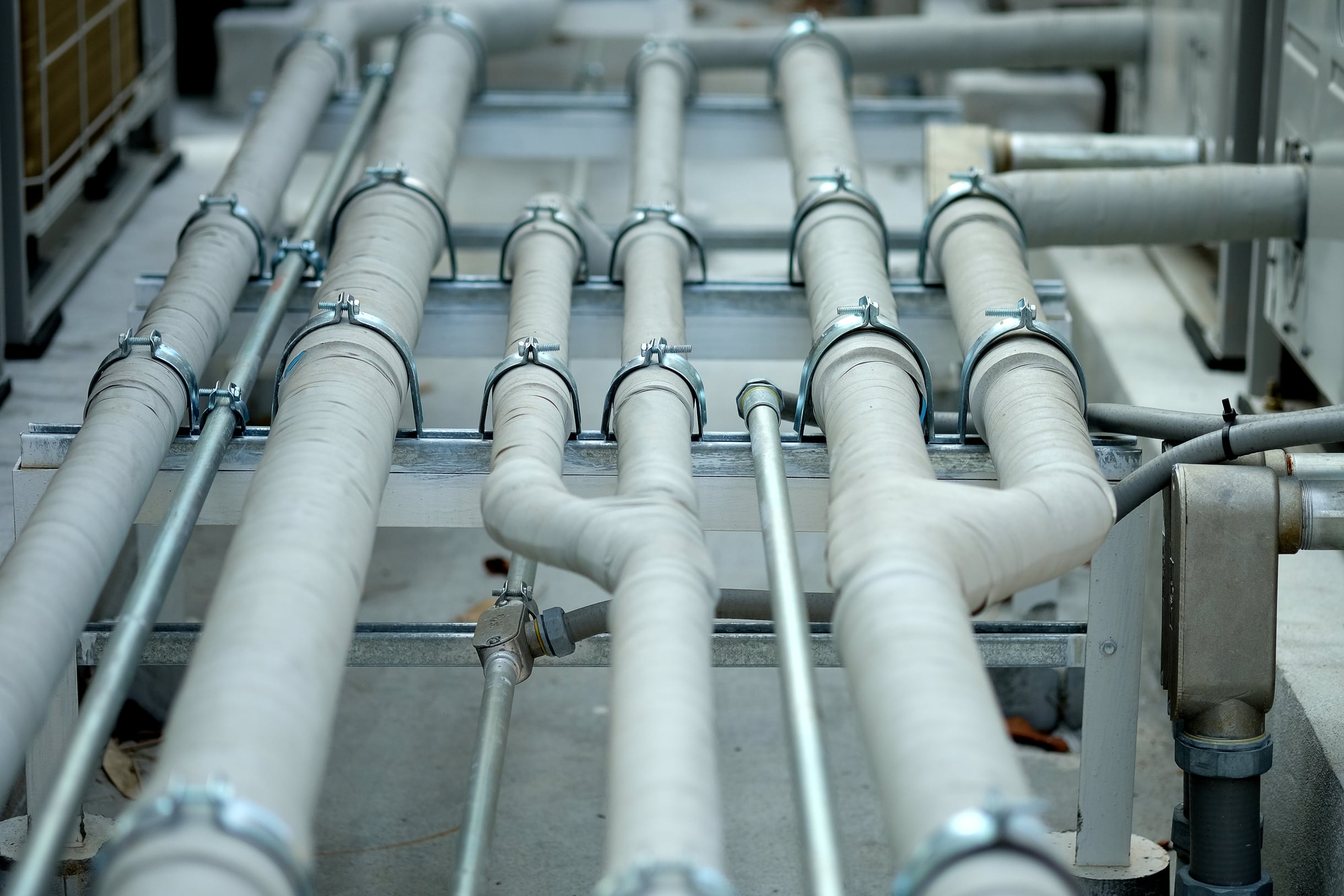How to Install a Performance Suspension Kit on a Toyota GT86 for Improved Track Handling?

The allure of motorsport is irresistible to many a car enthusiast. The adrenaline, the speed, the precision – it’s an intoxicating blend. And one of the key elements that contribute to success on the track is a car’s handling. A performance suspension kit can significantly improve a vehicle’s handling, providing enhanced grip, better balance and superior control. Toyota GT86, a popular choice among track enthusiasts, is well-known for its nimbleness, but its performance can be further improved with the right suspension modifications. This guide will take you through the process of installing a performance suspension kit on a Toyota GT86.
Understanding Suspension Systems
Before we dive into the technicalities, let’s first understand what a suspension system does. It connects the vehicle to its wheels, allowing relative motion between the two. This system not only contributes to the car’s handling and braking but also ensures a comfortable ride quality by absorbing shocks from road irregularities.
Also read : Discover the surprises hidden in a mystery box from italy
In performance cars like the Toyota GT86, the suspension system comprises various components – front and rear springs, coilovers, camber adjustments and more. Upgrading these components to high-performance versions can enhance the car’s track capabilities.
Choosing the Right Performance Suspension Kit
Choosing the right suspension upgrade is crucial. Various kits offer different improvements – some focus on lowering the ride height, others on firming up the ride, increasing camber angles or adding adjustable coilovers. Wisefab, for example, offers a comprehensive performance suspension kit specifically designed for the Toyota GT86. It includes front and rear adjustable coilovers, camber plates, and lowering springs, among other features.
Also to discover : Transform your space: expert basement construction in chelsea
Before making a purchase, ensure you are clear about your performance goals and the kind of track you’ll be driving on. Also, remember to check whether the price of the kit is excluding VAT or if it is included.
Installing the Front Suspension Components
Start with the front suspension components. Begin by removing the old suspension pieces – the air springs or traditional springs, struts, and other elements. With the old parts out of the way, you can start the installation of the new performance kit.
First, install the new springs. These will lower the car’s ride height, improving its centre of gravity and thereby increasing stability and handling. Next, install the coilovers – these are crucial for tuning your suspension to the track conditions. Some coilovers come with adjustable ride height and damping force, allowing for a customized setup.
Finally, if your kit includes them, install the adjustable camber plates. These allow for precise adjustment of the camber angle, enhancing tyre contact with the road and improving grip.
Replacing the Rear Suspension Parts
Once the front suspension is sorted, move to the rear. The process is quite similar to the front – remove the old parts, install the new springs, coilovers, and any other components included in the kit. Remember, the rear suspension is as crucial as the front in ensuring a balanced, controlled ride.
Final Checks and Adjustments
Once all the components are installed, it’s time to do the final checks. Ensure every element is securely attached and all bolts are tightened. Now, you can adjust the ride height and damping force of the coilovers, and the camber angle to suit your preferences.
Remember, changes made to your vehicle’s suspension will affect its handling characteristics. It might take a few practice runs on the track to get used to the new dynamics and make further adjustments if necessary.
The joy of motorsport comes with the thrill of continuous improvement, whether it’s improving your lap times or enhancing your car’s performance. Upgrading the suspension of your Toyota GT86 is a step towards that direction. So, gear up and get ready to experience a whole new level of performance on the track.
Adjusting the Steering Rack and Air Suspension
After installing the front and rear suspension components, it’s time to adjust the steering rack and introduce the air suspension. It’s worth noting that this part of the installation process is where most of the ride height adjustment will occur.
Begin by identifying the steering rack. This is usually located at the front of the car, connecting the steering wheel to the front wheels. It’s a crucial component as it enables the driver to steer the vehicle efficiently.
Depending on the performance kit you’ve chosen, you might need to replace the existing steering rack with a high-performance one. This will further improve the vehicle’s handling, especially in sharp turns and during high-speed manoeuvres.
Next, focus on the air suspension. The air lift system can provide an even more customizable ride height and responsiveness than traditional coilovers. Through air suspension, the driver can adjust the firmness of the ride and the vehicle’s ride height by controlling the amount of air in the suspension’s air springs. It helps in maintaining consistent ride quality even when the track conditions change.
While installing the steering rack and air suspension, don’t forget to take care of the small details such as the hex din and nazd excluding components. These parts, although small, play a significant role in securing the suspension system and ensuring its efficiency. For every part you install, make sure to use the correct bolt, preferably a bolt hex, and secure it with a vat nut.
Concluding the Installation and Future Maintenance
Once everything is installed and adjusted, the final step is to check and double-check that everything is securely fastened and functioning as it should. Ensure the vat bolt is tightened, the vat spacer is correctly placed, and the vat washer is used where needed.
After the installation, expect a different driving experience. The improved performance might require practice to fully control. Keep in mind that every change you’ve made brings you closer to mastering the track with your Toyota GT86.
Now that your car is track-ready, maintenance becomes crucial. Regularly check the spring rate, make sure the sspherical excluding components are in good shape, and the vat spherical parts are well lubricated.
Remember, the goal of a performance suspension kit is to enhance your car’s performance. However, it’s equally important to remember that these changes will need time for the driver to adapt. Whether you’re driving a Toyota GT86, a Subaru BRZ, or any other performance car, this guide should help you in understanding and installing a performance suspension kit for a better track handling experience.
In conclusion, a performance suspension kit can significantly alter your Toyota GT86’s handling, making it more suitable for track driving. However, it’s essential to choose the right kit, install it correctly, and do proper maintenance. This way, you’re not only improving your car’s performance, but you’re also ensuring its longevity and your safety. Happy driving!
